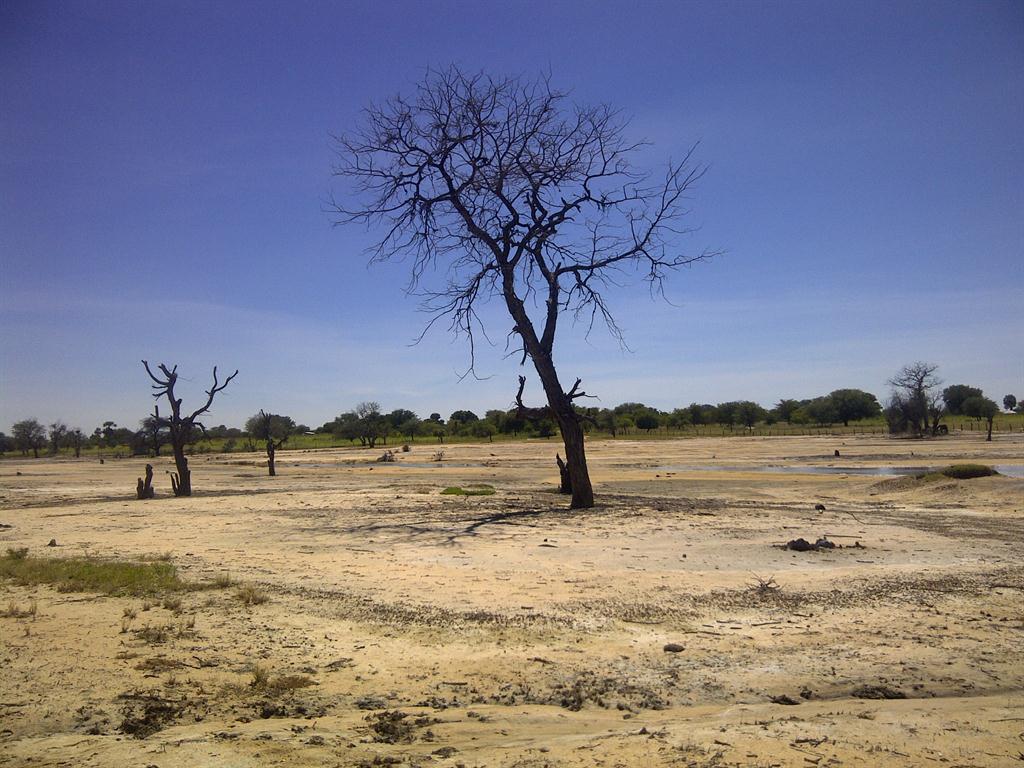1.2 million hectares in foreign hands
After 25 years it would seem that Namibia’s land reform efforts are a mixed bag of successes and failures.
In an overview provided of the country’s land reform process since 1991 that highlighted the challenges and achievements it came to light that a total of 1.2 million hectares of Namibia’s agricultural land are still under foreign ownership with the majority being in German and South African hands.
This is despite a decision that was taken at the landmark National Land Conference of 1991 that non-Namibians must not own farmland.
Yesterday during the launch of Namibia’s second land conference, which will be held at the end of this year or early next year, specific details were provided on foreign ownership of land in Namibia.
Currently 247 farms are owned by foreigners, with Germans owning 129 farms that total 630 000 hectares.
South Africans are second on the list owning 81 farms in Namibia totalling 350 000 hectares while seven farms are owned by American nationals totalling 82 000 hectares.
Austrians own 14 farms totalling 49 000 hectares while Swiss nationals own six that total 43 000 hectares. There is also one 40 000-hectare farm owned by a Chinese national.
Furthermore 206 000 hectares of land in Namibia are owned by joint ventures consisting of Namibians and foreigners.
In total 34 farms are owned by these joint ventures with South Africans and Germans again owning the bulk together with locals.
Namibians and Germans together own 12 farms that total 52 000 hectares of agricultural land while South Africans and Namibians in joint ventures own 10 farms that total 54 000 hectares.
One farm of 29 000 hectares is owned by a joint venture between Namibian nationals and Russians.
Land reform minister Utoni Nujoma said the land issue in Namibia is a political, social and economic issue.
According to the ministry at independence 36.2 million hectares were owned by 4 664 advantaged farmers and 150 000 families occupied 33.5 million hectares of communal land. The ministry said that only 181 commercial farms were owned by black farmers.
According to Nujoma the ministry has acquired 502 farms measuring 3.1 million hectares at a cost of N$1.7 billion.
At least 5 231 families have been resettled.
He said that under the Affirmative Action Loan Scheme programme 3.4 million hectares have been acquired at a cost of N$762 million.
The ministry has also purchased nine farms totalling 66 000 hectares at a cost of N$63 million for communal land expansion. These farms are in the Erongo, Hardap and //Karas regions.
Ten farms of 51 000 hectares, costing N$45 million, were bought by the ministry for San communities.
The ministry stressed that one of their biggest challenges is limited funds for purchasing land and the fact that appropriated funds lack when it comes to the actual cost of the targeted land.
Three farms - 15 000 hectares - were expropriated at a cost of N$5 million in Omaheke during 2006.
In that year the government served expropriation notices for five farms but these were successfully challenged in court. Therefore the ministry has now developed expropriation regulations that will be implemented by 1 September.
The land reform process has not escaped criticism over the years and reports of favouritism in the allocation of resettlement farms have surfaced.
This year, land reform director Petrus Nangolo landed himself a resettlement farm in the Kunene Region.
In 2011, former permanent secretary Lidwina Shapwa drew sharp criticism from the public and opposition parties after she received a farm.
At the time, Shapwa, who is now the deputy justice minister, countered that there were many other ministry staffers who had been resettled. Several managing directors too have received resettlement farms.
Other challenges include the productivity of resettled families, with many living in dire poverty unable to produce food or rear livestock.
ELLANIE SMIT




Comments
Namibian Sun
No comments have been left on this article